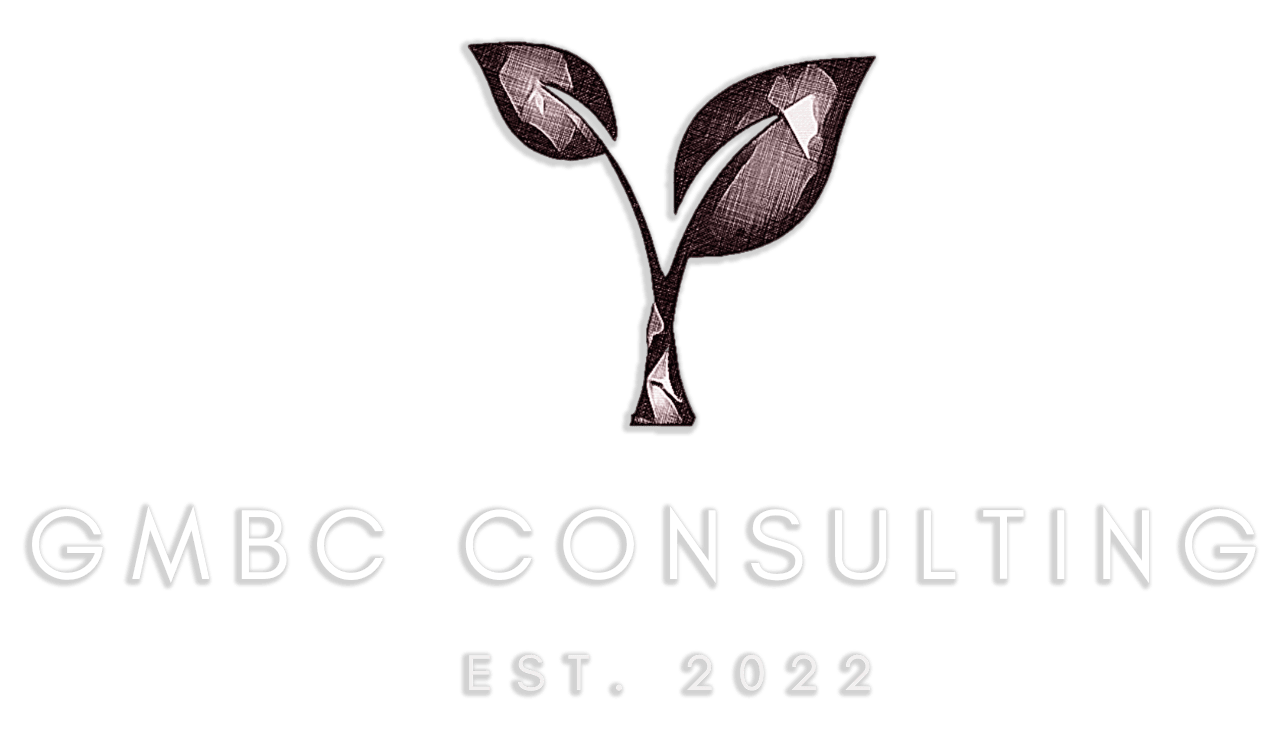Opening a business bank account is an essential step for any business, as it helps separate personal and business finances, facilitates financial transactions, and provides a range of banking services tailored to business needs. The process can vary slightly depending on the country and the specific bank, but here is a general overview:
1. Choose the Right Type of Business Entity
The first step in opening a business bank account is to choose the right type of business entity. This is important because different business entities have different legal and tax implications. The most common types of business entities include:
- Sole proprietorship: A sole proprietorship is the simplest type of business entity to form, but it also offers the least amount of personal liability protection. This means that the owner of a sole proprietorship is personally liable for all of the business’s debts and liabilities.
- Partnership: A partnership is a business that is owned and operated by two or more people. Partnerships can be either general partnerships or limited partnerships. In a general partnership, all of the partners are personally liable for the business’s debts and liabilities. In a limited partnership, there are two types of partners: general partners and limited partners. General partners are personally liable for the business’s debts and liabilities, while limited partners are only liable for the amount of money that they invested in the business.
- LLC: An LLC is a hybrid business entity that combines the features of a corporation and a partnership. LLCs offer limited liability protection to their owners, which means that the owners are not personally liable for the business’s debts and liabilities.
- Corporation: A corporation is a legal entity that is separate from its owners. Corporations offer the most amount of personal liability protection to their owners, but they are also the most complex type of business entity to form and operate.
2. Gather Required Documentation
Once you have chosen the right type of business entity, you will need to gather the required documentation to open a business bank account. The specific documentation requirements will vary depending on the bank, but they may include:
- Business registration documents: This includes documents such as your business registration certificate,articles of incorporation, or partnership agreement.
- Employer Identification Number (EIN): An EIN is a federal tax ID number that is required for most businesses.You can apply for an EIN online or by calling the IRS.
- Personal identification: This includes documents such as your driver’s license, passport, or Social Security number.
- Business licenses or permits: This includes any licenses or permits that your business is required to have.
3. Select a Bank
There are many different banks to choose from, so it is important to select one that suits your business needs. Some factors to consider include:
- Fees: Banks typically charge fees for business checking accounts, such as monthly maintenance fees and transaction fees. Compare the fees of different banks to find one that offers the best value for your business.
- Account features: Different banks offer different account features, such as online banking, mobile banking,and cash management tools. Choose a bank that offers the features that you need to manage your business finances.
- Online banking capabilities: Make sure that the bank you choose has a robust online banking platform that allows you to easily manage your account online.
- Bank’s reputation: Choose a bank that has a good reputation for providing excellent customer service.
4. Visit the Bank
Once you have selected a bank, you will need to visit the bank in person to open a business bank account. Some banks also allow online account opening, but a physical visit may be required for certain steps.
5. Provide Information
During the application process, you will be asked to provide information about your business, such as its structure, industry, and anticipated transaction volume. Be prepared to answer questions about your business’s financial history and projections.
6. Deposit Funds
Most banks require an initial deposit to open a business bank account. This amount varies among banks, but it is typically a few hundred dollars.
7. Choose Account Type
Different banks offer various business account types. Choose one that aligns with your business size and needs. Some common types of business bank accounts include:
- Basic checking account: This is a simple checking account that allows you to deposit and withdraw money,write checks, and make electronic payments.
- Business savings account: This is a savings account that allows you to earn interest on your money.
- Business money market account: This is a hybrid account that combines the features of a checking account and a savings account. Money market accounts typically offer higher interest rates than checking accounts,but they may also have restrictions on withdrawals.
- Business merchant services account: This is a type of account that allows you to accept credit and debit card payments.
8. Sign Necessary Agreements
Once you have chosen an account type, you will need to review and sign any required agreements, such as account terms and conditions.
9. Receive Account Details
Once the account is approved and set up, you will receive account details, including account number and routing information. You will also receive a debit card and ATM card.


